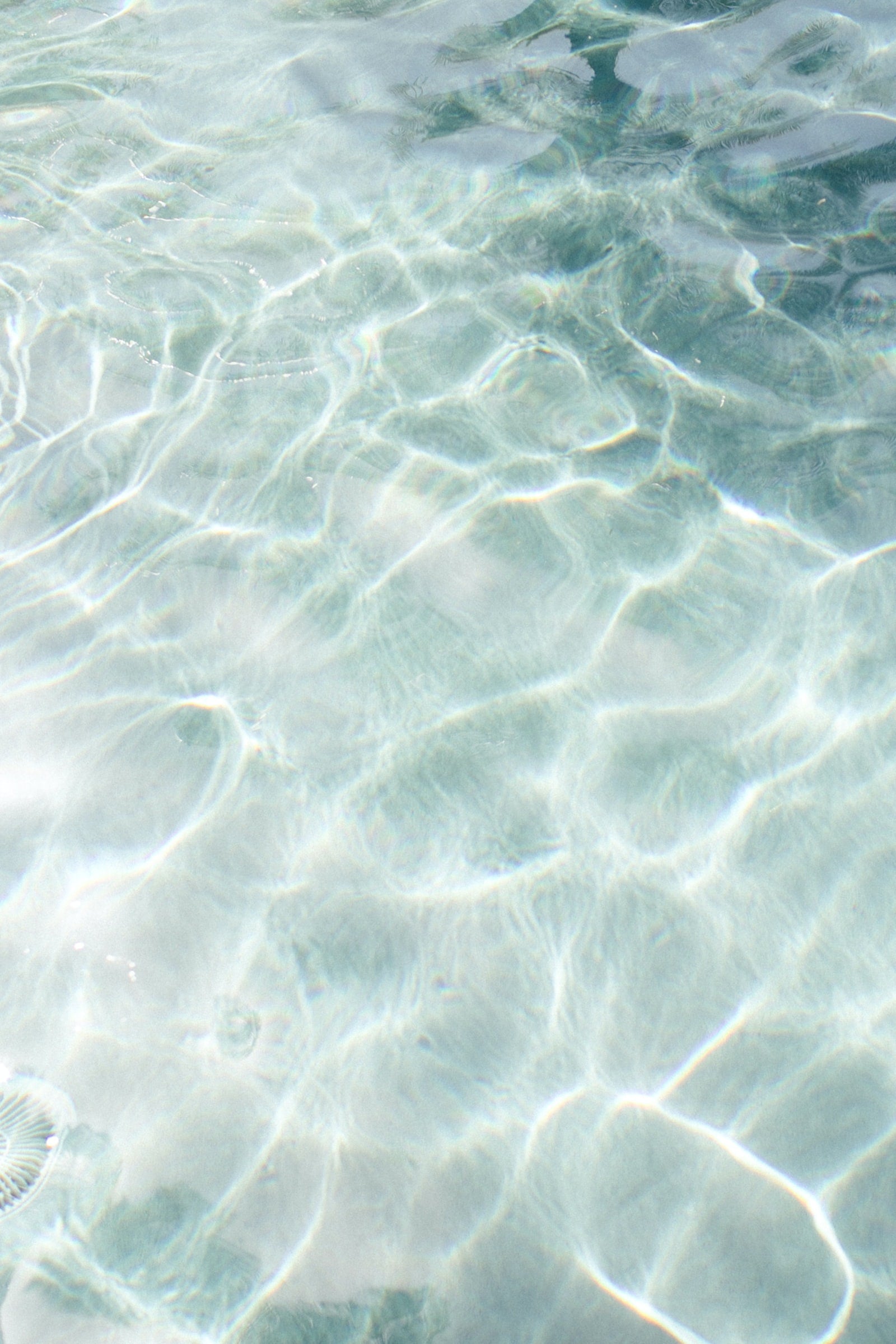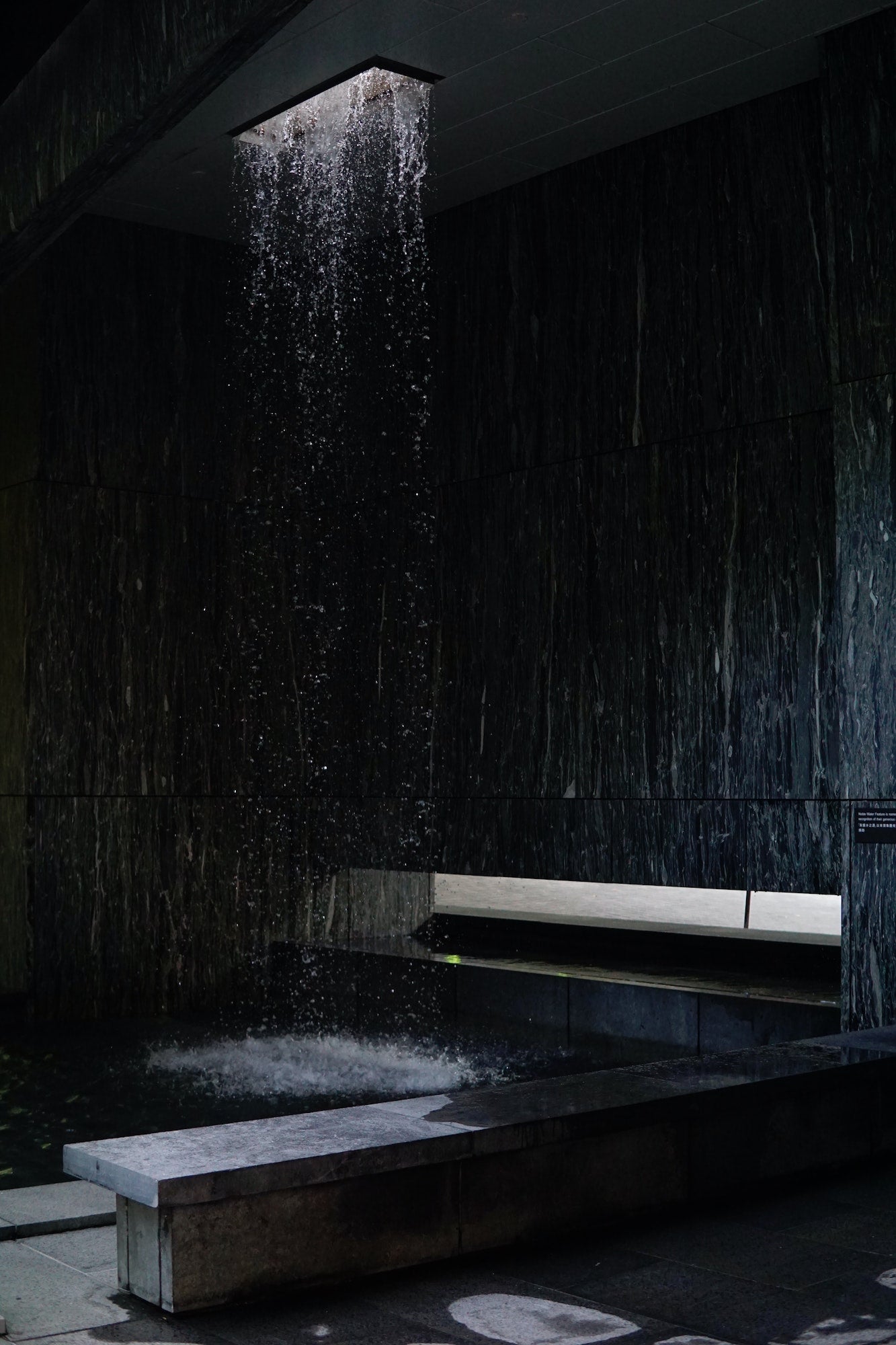the download on douching.

When and where to wash.
When you typically imagine a douche, you might think of that guy you know who hinges his entire personality on being the devil’s advocate. But when it comes to your sexual health, the meaning is very different: Simply put, a douche (also French for “shower”) is a small device with a nozzle, filled with a mixture of vinegar and water and typically used to clean the vagina. And this kind of douche—even more so than the former—actually comes with a lot of health risks.
The lowdown on vaginal douching
Vaginal douching is extremely common: According to the U.S. Department of Health & Human Services’s Office on Women’s Health, one in five women between the ages of 15 to 44 practice douching. This is in spite of the fact that the practice is not recommended by doctors, as it can increase the risk of yeast infections and sexually transmitted infections. In the results of one 2002 study, researchers concluded that there is no reason for anyone with a vagina to douche, and that doing so can cause more hurt than benefit. After all, the vagina is a self-cleaning organism—there’s no reason to fuss with a system that already has everything under control.
Gynecologist Elisa Ross, MD told the Cleveland Clinic that many of her patients douche because they are concerned about vaginal odor—yet the fact of the matter is that it’s normal for a vagina to have some kind of odor (and it’s definitely not normal for a vagina to smell like, say, peaches and cream). If the odor is especially persistent or seems far from normal, and accompanied by an unusual discharge, then it’s time to talk to your doctor about what could very likely be an infection or a bacterial imbalance like bacterial vaginosis, which can be treated with an antibiotic—not a douche.
The exception: anal douching
However, there is one instance when douching is appropriate: For the purpose of cleaning the anal cavity before anal sex. According to the San Francisco Aids Foundation, there are proper and safe ways to do so. A baby nasal aspirator can be picked up at your local pharmacy, along with normal saline, which is preferable to tap water, since it contains the same balance of electrolytes that you would find in your body (tap water is fine to use on occasion—just make sure it’s a little cooler than lukewarm). A fleet enema also works as an alternative—and no matter what, remember to lubricate the device before insertion.
The New Zealand Aids Foundation stresses the importance of using protection,since anal douching can irritate the lining of the rectum, making you more susceptible to HIV infection. Douche at least an hour before sex (you’ll want to do so in front of the toilet), and limit douching to just once a day, and a few times a week (the San Francisco Aids Foundation suggests no more than to 2-3 times a week) to reduce risk of irritation.
All in good, clean fun.



